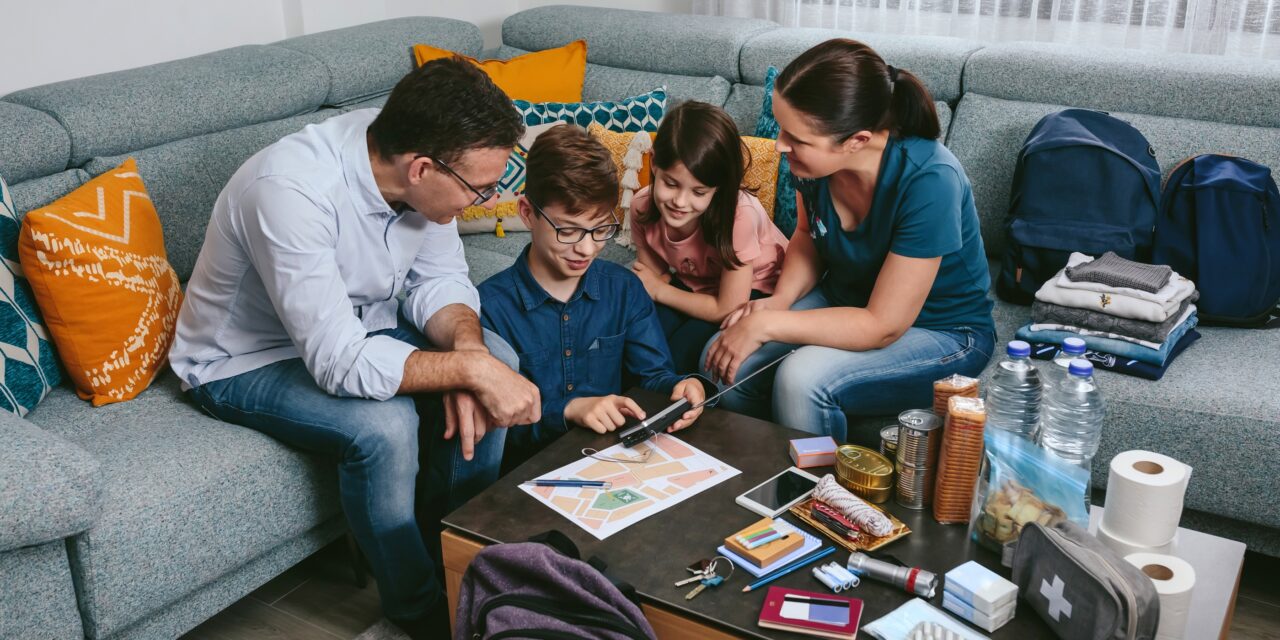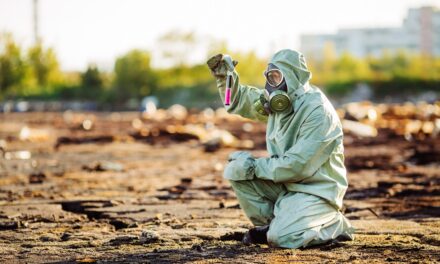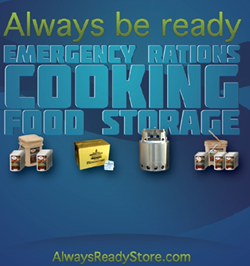Build Closeness While You Get Your Family Prepared
In an era marked by unpredictable challenges and unforeseen disruptions, the importance of practicing preparedness with your family has never been more evident. From natural disasters to economic upheavals, the ability to navigate through turbulent times has become an essential skill for every household. As we have witnessed during the recent pandemic, the sudden scarcity of essential items on store shelves has underscored the need for proactive measures. By dedicating a night each week to preparedness activities, families can cultivate resilience, strengthen bonds, and ensure they are equipped to face any crisis that may arise.
The concept of preparedness extends far beyond stockpiling supplies and creating emergency kits. It encompasses a holistic approach to readiness that includes mental, emotional, and practical aspects. By engaging in regular preparedness nights, families can foster a mindset of adaptability and resourcefulness. These dedicated evenings provide an opportunity to discuss potential scenarios, develop contingency plans, and equip each family member with the knowledge and skills needed to respond effectively in the face of adversity.
Food Security: A Cornerstone of Preparedness
One of the most crucial areas of preparedness is food security. The pandemic-induced empty store shelves served as a stark reminder of how quickly access to essential goods can be disrupted. By incorporating food storage and preservation techniques into your preparedness nights, you can ensure that your family has a reliable supply of nourishment during times of scarcity.
Consider learning how to:
- Can fruits and vegetables
- Dehydrate meats
- Create a well-organized pantry stocked with non-perishable items
Engaging in these activities together not only builds practical skills but also instills a sense of self-sufficiency and confidence in your family’s ability to weather any storm.
Another critical aspect of preparedness is energy independence. In the event of a power outage or grid failure, having alternative energy sources can make all the difference in maintaining a sense of normalcy and safety. Dedicate a preparedness night to exploring off-grid solutions such as solar panels, wind turbines, or generators. Learn how to properly maintain and operate these systems, and practice using them to power essential appliances and devices. By familiarizing yourselves with energy alternatives, you can reduce your reliance on the grid and ensure that your family remains connected and comfortable even during prolonged outages.
Water is another fundamental resource that is often taken for granted until it becomes scarce. During your preparedness nights, focus on water conservation, purification, and storage techniques. Learn how to collect and store rainwater, purify water using various methods such as boiling, filtering, or using chemical treatments, and create a rotating stock of stored water. Engage in discussions about the importance of hydration and hygiene, and practice rationing water supplies to simulate emergency situations. By developing a comprehensive water preparedness plan, your family can ensure access to clean, safe water even in the face of disruptions.
Strengthening Family Bonds Through Preparedness
 In addition to practical skills, preparedness nights offer an invaluable opportunity to strengthen family bonds and foster a sense of unity. Engaging in activities together, such as creating emergency kits, practicing first aid, or learning survival skills, promotes teamwork and communication. These shared experiences create a foundation of trust and mutual support that can prove invaluable during times of crisis.
In addition to practical skills, preparedness nights offer an invaluable opportunity to strengthen family bonds and foster a sense of unity. Engaging in activities together, such as creating emergency kits, practicing first aid, or learning survival skills, promotes teamwork and communication. These shared experiences create a foundation of trust and mutual support that can prove invaluable during times of crisis.
Encourage open discussions about:
- Fears
- Concerns
- Hopes
Create a safe space for family members to express themselves and find comfort in one another’s presence. It is crucial to address the mental and emotional aspects of preparedness, as being mentally and emotionally prepared is just as important as having physical supplies. Discuss potential challenges and how they might affect each family member, and brainstorm coping strategies and ways to support one another during difficult times.
To make preparedness nights effective and enjoyable, it is essential to tailor activities to your family’s unique needs and interests. Consider assigning roles and responsibilities based on each member’s strengths and abilities. Encourage creativity and innovation, allowing family members to contribute their ideas and solutions. Incorporate age-appropriate games, challenges, and rewards to keep everyone engaged and motivated. By making preparedness a fun and interactive experience, you can foster a culture of readiness that becomes second nature to your family.
One powerful way to reinforce the importance of preparedness is by studying real-life events and learning from the experiences of others. Analyze case studies of families who have successfully navigated through crises, and discuss the strategies they employed. Invite local experts or emergency responders to share their insights and advice during your preparedness nights. By connecting with the wider community and learning from their collective wisdom, you can expand your knowledge base and build a network of support.
As you embark on this journey of preparedness, it is crucial to approach it with a positive and proactive mindset. Rather than dwelling on worst-case scenarios, focus on the empowering nature of readiness. Emphasize the sense of security and peace of mind that comes from knowing you have taken steps to safeguard your family’s well-being. Celebrate the progress you make together, and acknowledge the growth and resilience you are fostering within each family member.
Ultimately, the goal of preparedness nights is not to live in fear or anticipation of disaster, but rather to cultivate a mindset of adaptability and self-reliance. By dedicating time each week to practice preparedness skills, discuss potential challenges, and strengthen family bonds, you are investing in your family’s future. You are equipping them with the tools and knowledge needed to navigate any obstacle that may come their way, whether it be a natural disaster, economic upheaval, or personal crisis.
In a world where uncertainty is a constant, the importance of practicing preparedness with your family cannot be overstated. By embracing readiness as a way of life, you are not only ensuring your family’s physical safety but also nurturing their mental and emotional resilience. Through dedication, creativity, and a spirit of unity, your family can face any challenge with confidence and emerge stronger than ever before. So gather your loved ones, set aside a night each week, and embark on a journey of preparedness that will safeguard your future and bring you closer together. Remember, the best time to prepare is before the storm hits – and with each preparedness night, you are building a foundation of resilience that will serve your family for generations to come.








